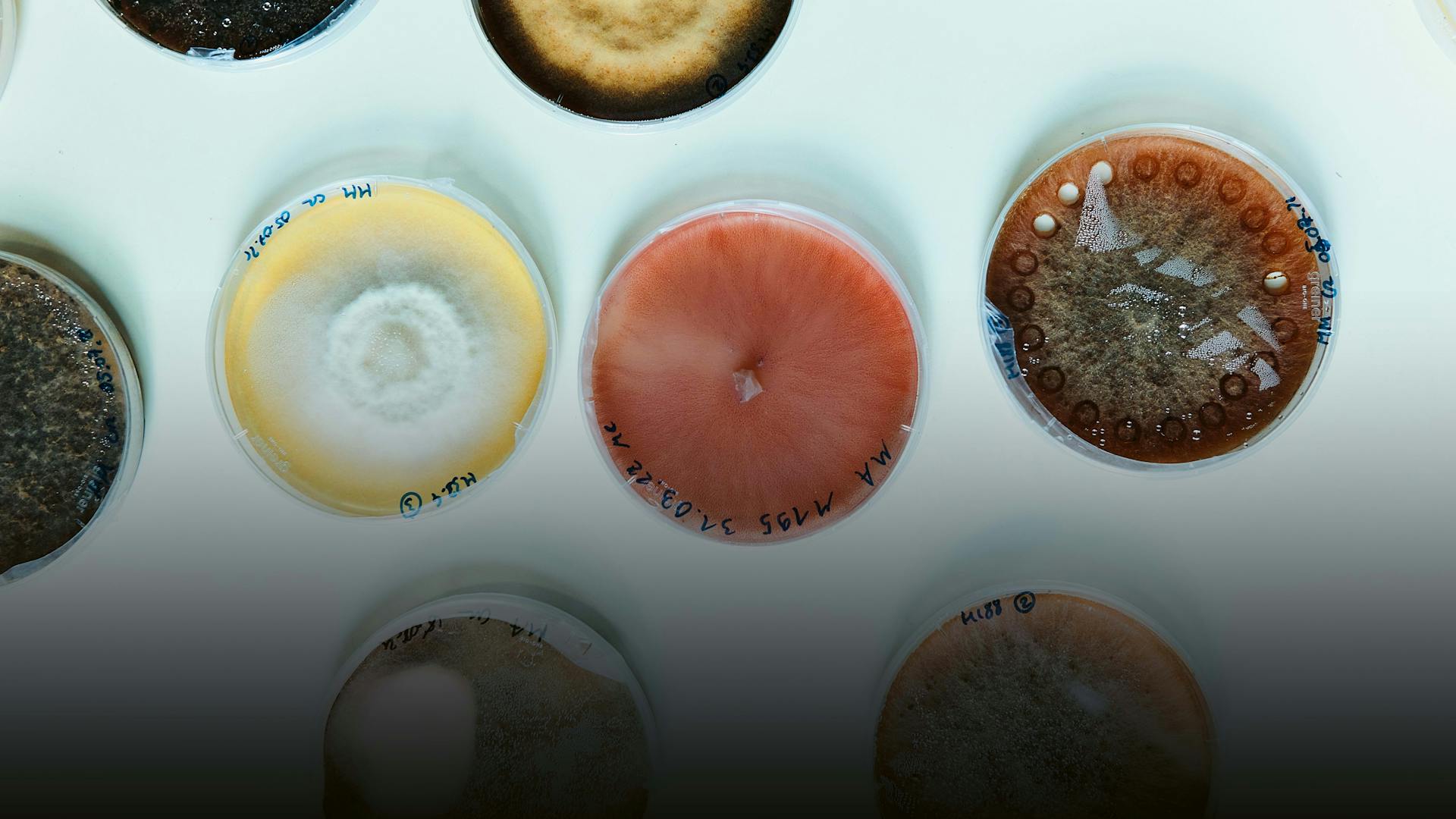The breakthrough also helped Liberali and her team, which has grown to more than a dozen specialists from different fields in biology, physics and chemistry, to receive coveted European Research Council (ERC) grants, which are disbursed as part of the European Union’s Horizon research program.
“Usually, when I write the application for an ERC grant, many people always tell me that my ideas are too ambitious, too crazy. But then, when I get invited for an interview after applying for an ERC grant, I can be quite convincing as I have this ‘just do it’ attitude.”
The video they created also helped when she applied for a grant a few years back. “If I had just told the jury that I have built a microscope, the only one that can chronicle organ growth, they would probably have shrugged this off. But when I showed them the video, I saw how the faces of the people changed and how this helped us get the grant.”
Liberali says the fact that this was all possible in a relatively short timeframe is mostly down to having the right people in the lab and building trust with her colleagues. “You can tell them to go to the moon and back. But you also have to feel the responsibility that you are putting their career at risk if you fail. So, it’s important to create the right environment for them to thrive as well.”
Crazy ideas
The FMI, Liberali says, offers this environment, in both an aspirational and an operational sense. Created in 1970 by Novartis predecessor companies Ciba and Geigy to bridge the gap between academic research and the pharmaceutical industry, the institute has been a beacon of basic research for more than five decades, drawing some of Europe’s best scientists to Basel.
“I can take risks here and do something I never did before,” Liberali says. “The FMI is thus the perfect place where you can focus on pure innovation and see the applicability of what you do immediately, as well as having the interaction and the collaboration with an industry leader such as Novartis.”
Today, the FMI has 20 research groups and employs around 340 researchers from 44 different countries. The FMI achieved early breakthroughs in cancer research, which have also benefited the drug development programs of Novartis. The institute is currently focused on the research areas neurobiology, genome regulation and multicellular systems. It is one of Europe’s leading research institutes when it comes to receiving ERC grants.
But this is now at stake as Switzerland has partly dropped out of the European Union’s research program Horizon Europe. “This is really bad, in terms of both competition and funding,” Liberali says. “The key reasons I came to Switzerland are that science is well respected and that the system in which we operate is meritocratic, but also because Switzerland could participate in the Horizon program.”
By dropping out of the European system, says Liberali, echoing other academic scientists, basic researchers are not just losing access to funds: “What we are losing is access to the best reviewers and committees that can really assess our work and give the funds according to the best science. Hence, we’re losing the ability to compete with the best, and this is certainly a disadvantage,” Liberali says.
Liberali is not exaggerating when she talks of the FMI’s scientific excellence. Many of the FMI’s researchers regularly receive some of the world’s most prestigious science awards. For example, this year, Silvia Arber received the Brain Prize and Nicola Thomä was awarded the Otto Naegeli Prize. In 2021 Piero Caroni received the Science Prize of the City of Basel. Liberali herself has just been awarded the EMBO Gold Medal 2022, which recognizes outstanding life scientists in the early stage of their careers. She is also a recipient of the Friedrich Miescher Award.
“This really reflects the high-level science that is conducted here at the FMI, which is also a consequence of the fact that we are competing with other institutes in Europe. So, the challenge of not being able to continue in this race may have negative consequences in the short and long term, if we start failing to attract young and motivated scientists.”
Nevertheless, while Switzerland is trying to renegotiate full access to Horizon Europe, Liberali will continue her work on organoids research and try to produce the best science possible. But she reiterates: “In order to achieve the best science, you need the best people. Just imagine if I had not been able to work with my microscope specialists and all the other scientists who have joined the team … my crazy ideas would just be that.”


 Table of contents
Table of contents Looking for more
Looking for more Broad skill set
Broad skill set Just do it
Just do it












